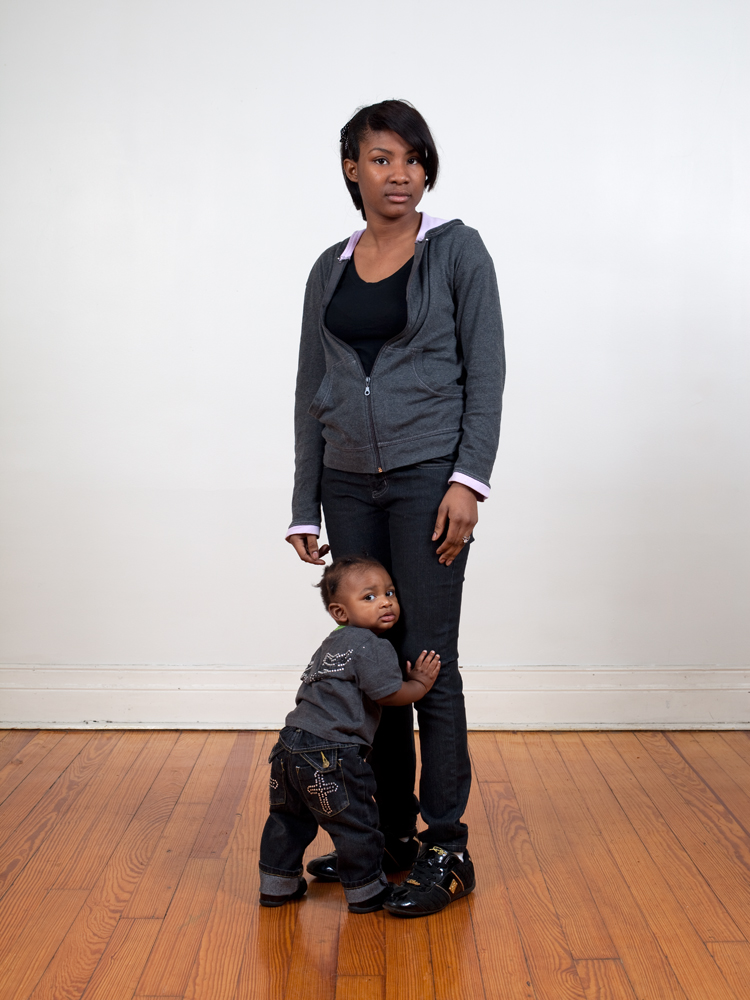
The Catherine Ferguson Academy, part urban farm, part college prep, has horses grazing along the former running track, hay growing in empty lots and an apple orchard with hens running through it, all in the heart of burned-out Detroit. In a city that has a graduation rate of 62%, the academy, part of the Detroit Public Schools system, grants diplomas to 95% of their students—all pregnant teens or young mothers—and every one of them has a college acceptance letter in her back pocket.
But even a success story, and the subject of a prize-winning documentary Grown in Detroit, has no guarantee of survival in a district that is $327 million in the hole. Earlier this month, the Michigan governor named Roy Roberts, a former GM executive, emergency manager of the schools. Roberts is tasked with radically restructuring schools and significantly reducing operating costs. Over 2,000 employees may lose their jobs, and at least 45 schools—the academy among them—may be closed.
The 307 students aren’t going quietly. Yesterday, 125 teens and their supporters marched four miles from the school to Roberts’ office and gave speeches, trying to rally the spectators. A school sit-in they organized over spring break may have only lasted a few hours—cops used a master key to enter that evening—but eight students were arrested, causing a mini-firestorm. “We plan to have more marches, rallies and possibly more occupations,” says science teacher Nicole Conaway, “until our demands are met.”
Corine Vermeulen, a Dutch photographer who moved to Detroit in 2006, has been following the school—which she calls visionary for using gardening to teach life skills—since she first learned about it from a teacher. Vermeulen was impressed by the students tenaciousness, and having photographed Robert Bobb, the city’s previous emergency manager, for TIME last year. She gathered eight students at her nearby studio after the aborted sit-in for a series of portraits. “They’re raising their voices,” said the photographer, “and they’re not going to stop.”
Vermeulen hopes her portfolio brings attention to the students plight and puts pressure on the city to keep the doors open. “How can you rebuild a city if there’s no chance of an education?” says Vermeulen. The city counters they are in the middle of vetting all the schools on the list for possible closure, but that “no decisions have been made at this point, ” says Steven Wasko, the districts spokesman. “This school, like others on the list, is working to serve specialized or alternative student needs, but the costs per student far exceed available resources.”
Still, in a city known for its resilience, the students aren’t waving a white flag yet. “Its not looking too good,” says Vermeulen who had just returned from the demonstration, “but you’ve got to have hope.”
—Deirdre van Dyk. Produced by Natalie Matutschovsky.
Previously, Corine Vermeulen has photographed students from Ann Arbor Elementary School and Cody High School’s for TIME. She has spent the past decade producing Your Town Tomorrow, an ongoing series exploring topographies and urban life in Detroit.
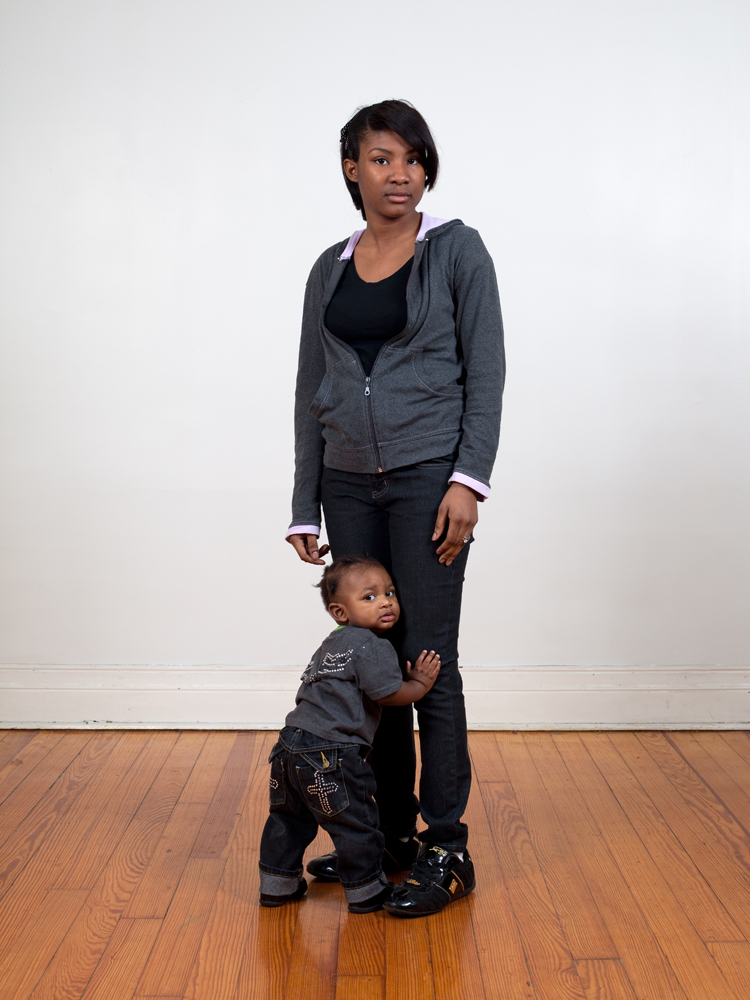
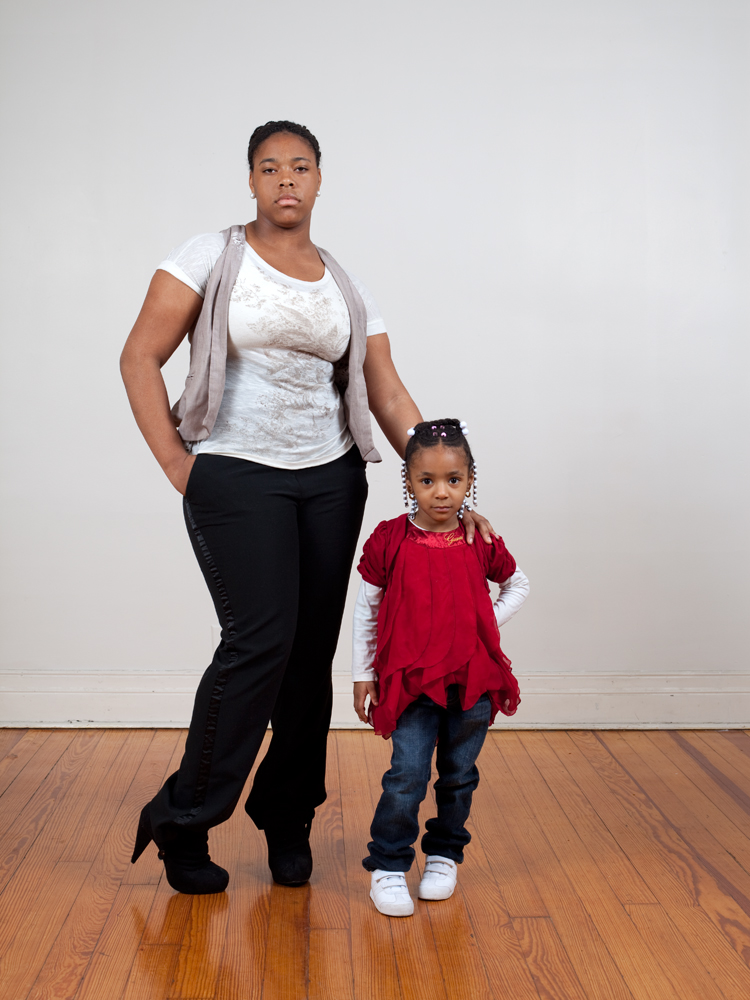
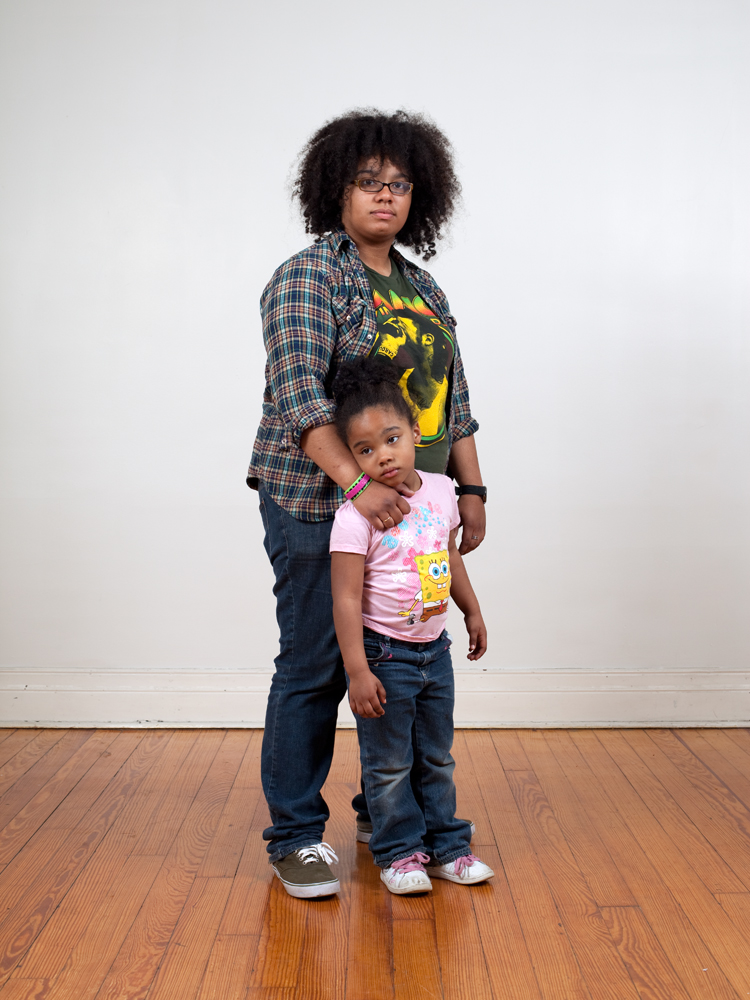
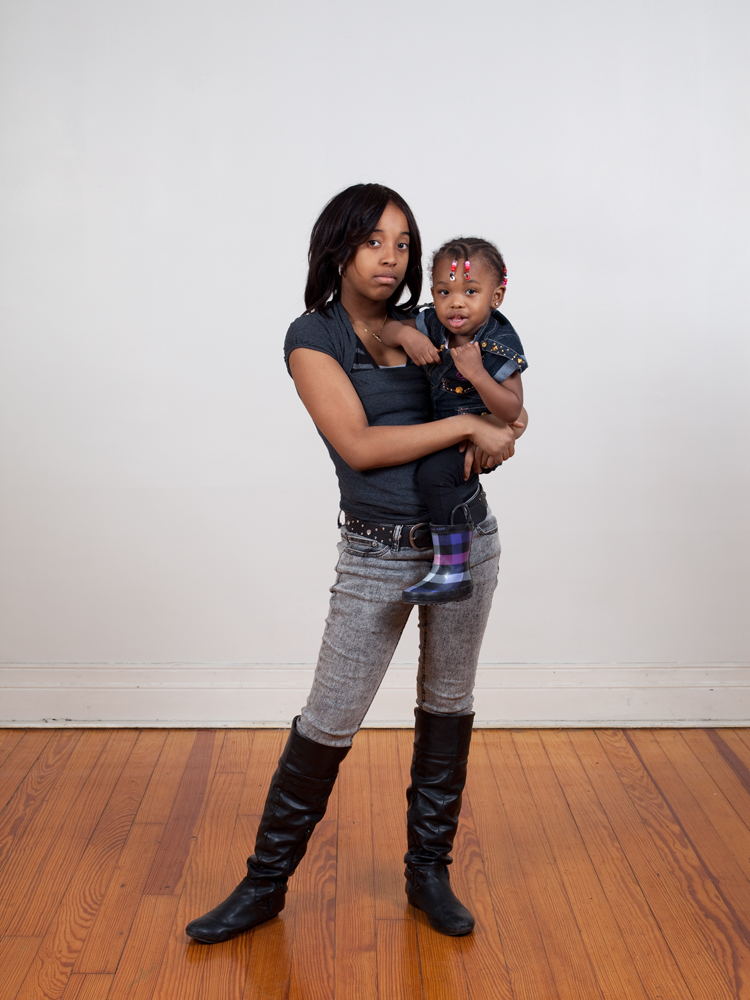
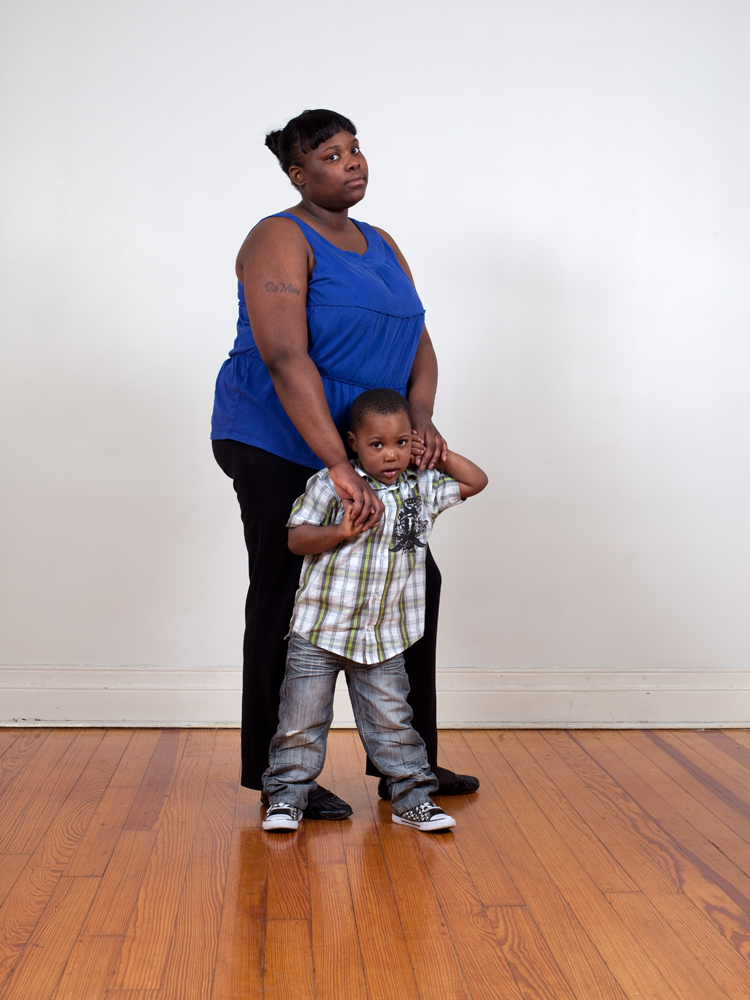
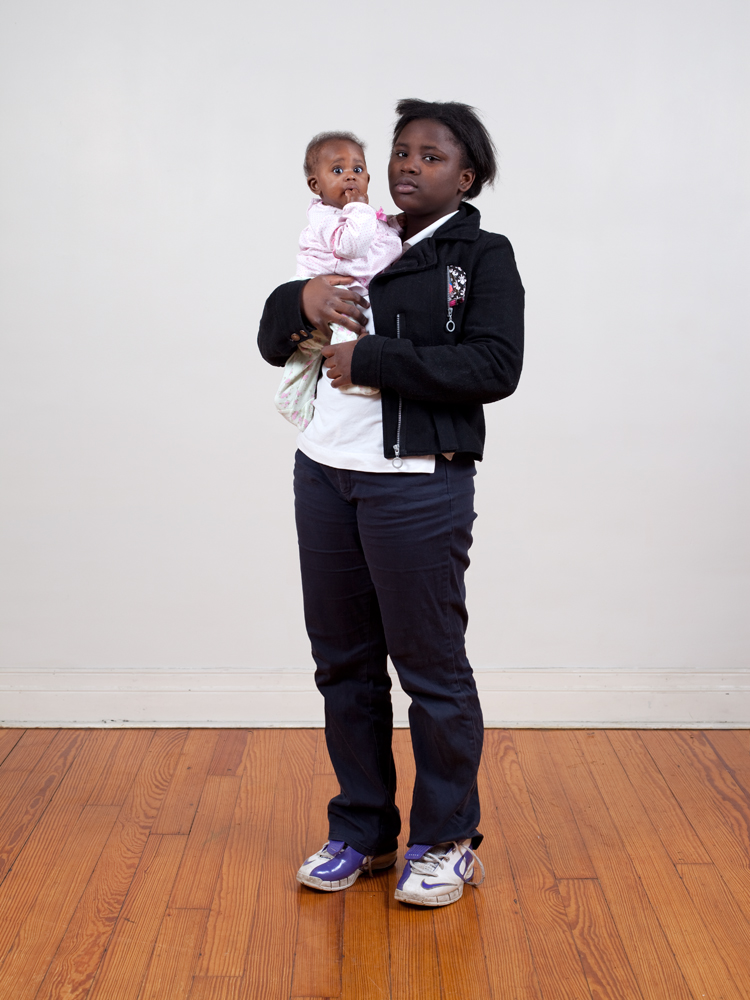
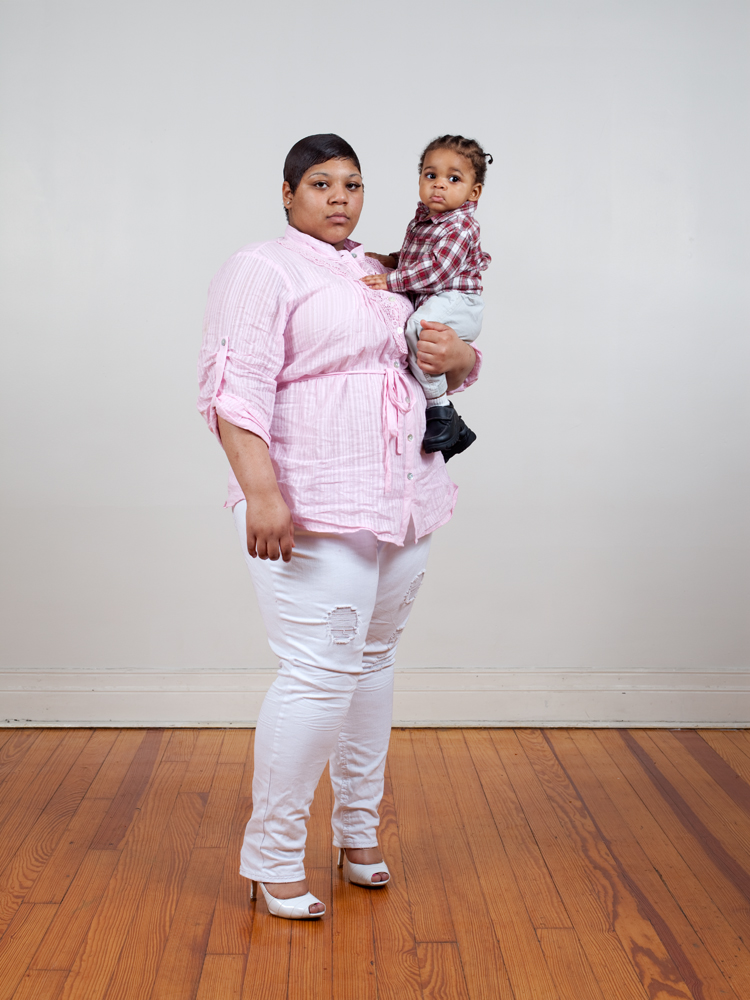
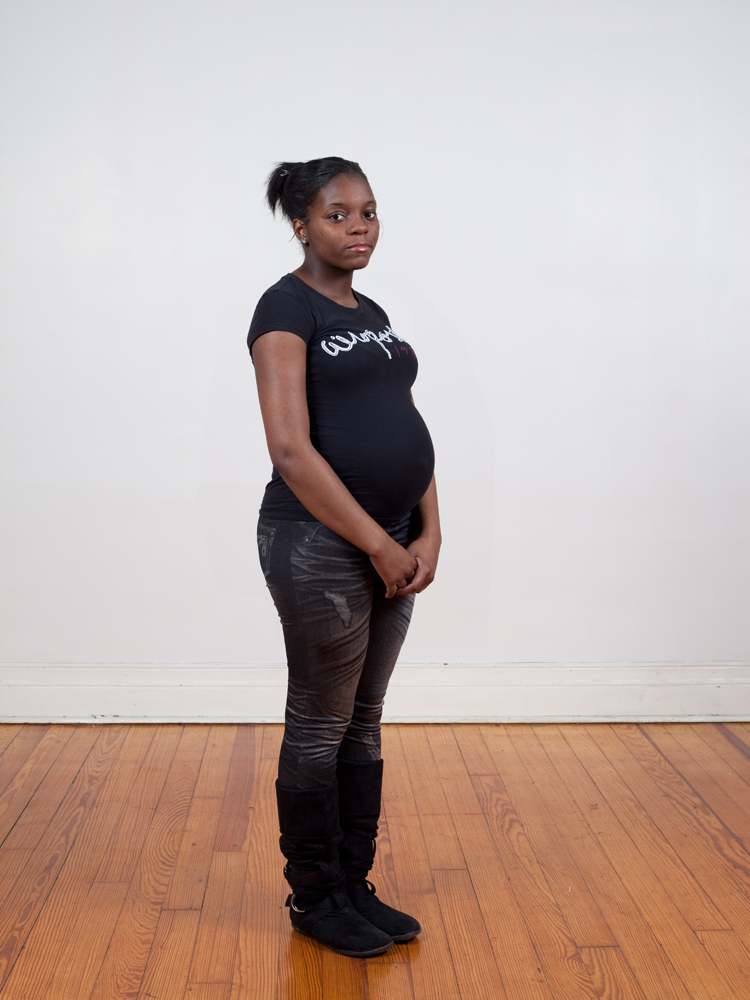
More Must-Reads from TIME
- Donald Trump Is TIME's 2024 Person of the Year
- TIME’s Top 10 Photos of 2024
- Why Gen Z Is Drinking Less
- The Best Movies About Cooking
- Why Is Anxiety Worse at Night?
- A Head-to-Toe Guide to Treating Dry Skin
- Why Street Cats Are Taking Over Urban Neighborhoods
- Column: Jimmy Carter’s Global Legacy Was Moral Clarity
Contact us at letters@time.com